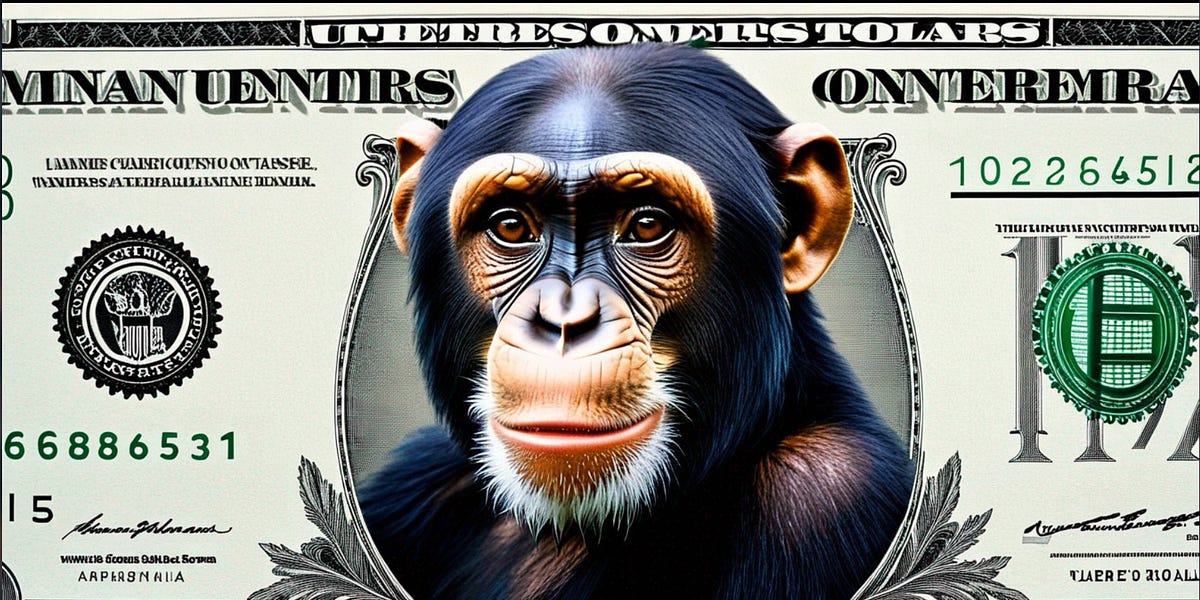- Messages
- 27,011
- Reaction score
- 4,832
- Points
- 288
Friday the 13th Could Have Been Known as “Kill Your Banker Day”
The History of Money: Installment 1 – The Templars
This article was originally crafted by my father for his readers in September of 2003, but its content is possibly more relevant than ever before. This is one of the original tales of powerful bankers, leaders of countries and crippling debt. It should be noted that crippling debt leads nowhere good!My fascination with money began at an early age. I happened to be 7 years old when the new 1965 "tokens" were first minted. I was not sure why, but I knew there was something going on here. Several adults grumbled and complained that the new coins were really tokens because the last real coins had been minted the year before, in 1964. Several people I knew began collecting the 1964 and older coins and kept telling me that I should too because some day they would be worth something. And so, at the tender age of 7, I became a "coin collector" and a "silver commodities trader". At the time my, Father was on the board of directors at one of the local banks so I asked all the tellers at the main branch to "save the silver for me" and I would trade tokens for them. I did the same with the lady in the cafeteria at school. So once a day at school and twice a week at the bank I would collect a few silver coins. I didn't know it at the time, but a powerful law of economics was at work. Gresham's law states that "bad money will drive good money out of circulation" which simply means that people will hoard good money and spend the bad. This is exactly what happened in the mid 1960's as I am sure most of you here remember. It didn't take long before my take was getting smaller and smaller every week and finally dried up. I packed my hoard of silver coins away and eventually forgot about it.
More:

Friday the 13th Could Have Been Known as “Kill Your Banker Day”
The History of Money: Installment 1 – The Templars

